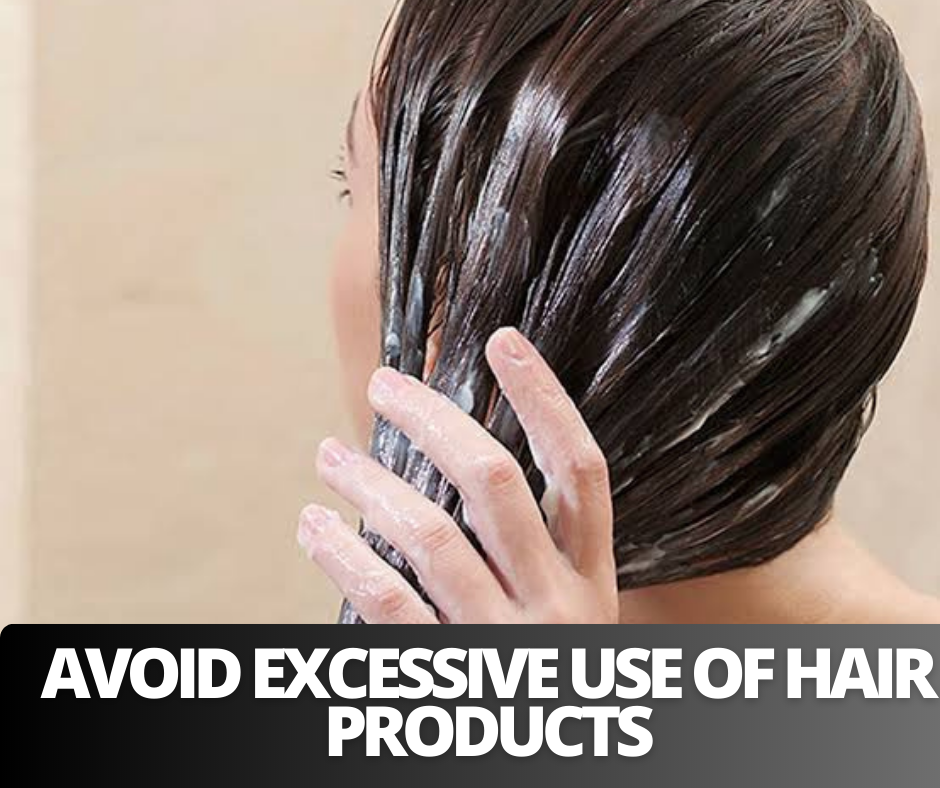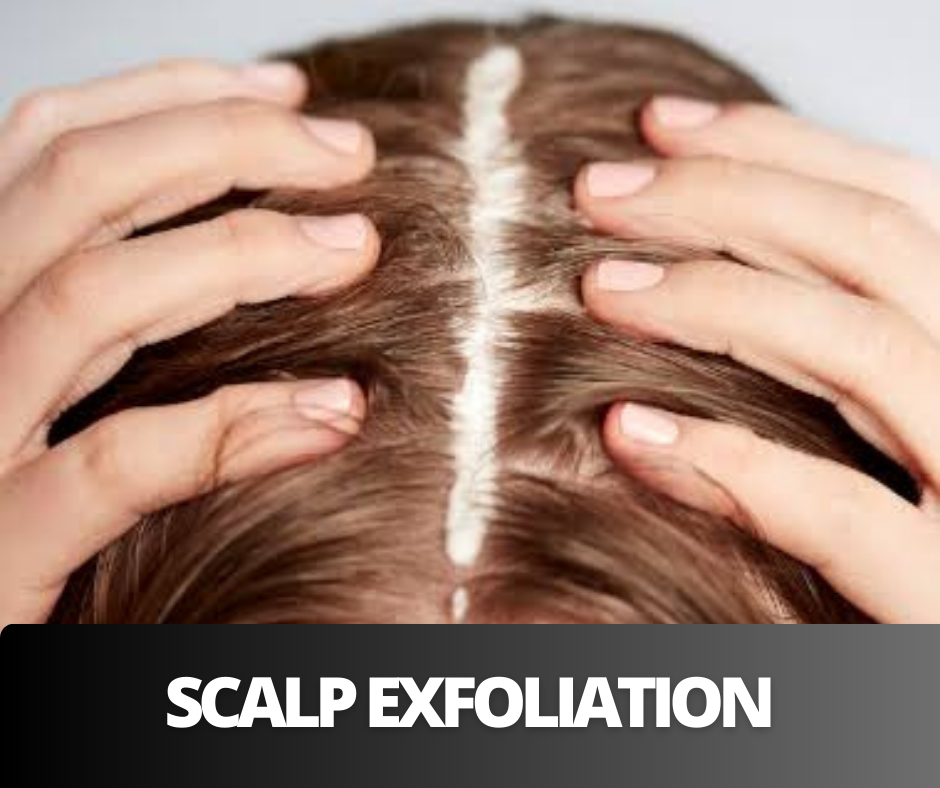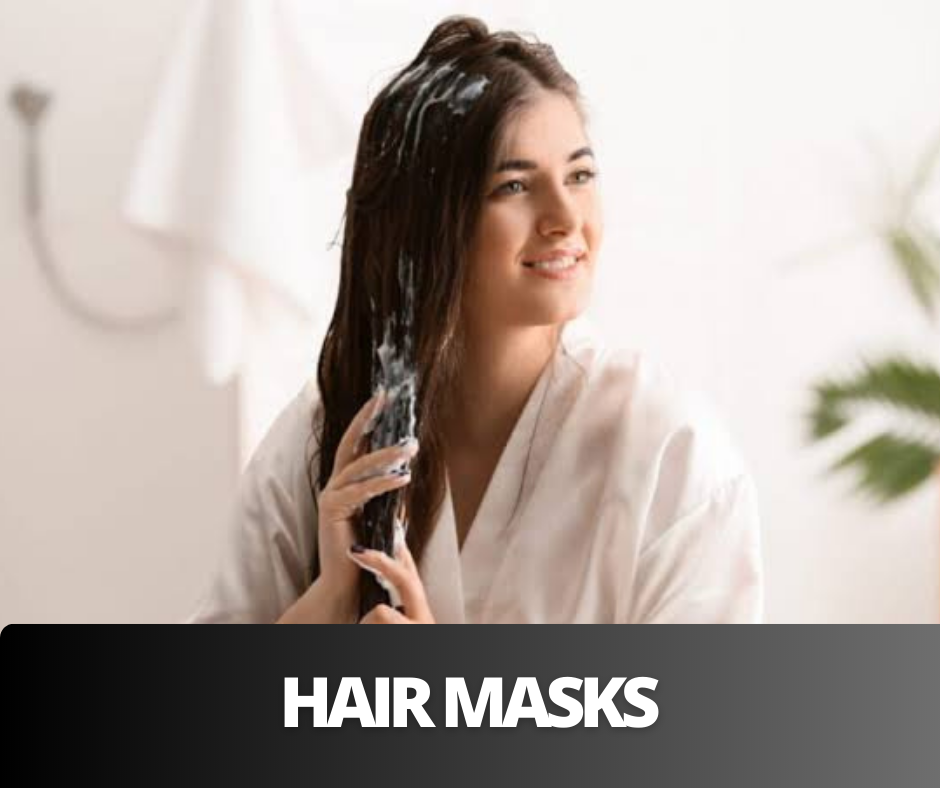Hair Growth Tips
Certainly! Here are 30 hair care tips that can help promote hair growth:
Maintain a healthy diet:
Eat a balanced diet rich in vitamins, minerals, and proteins to support hair growth.
Stay hydrated:
Drink an adequate amount of water daily to keep your hair and scalp hydrated.
Massage your scalp:
Regularly massage your scalp to stimulate blood circulation and promote hair growth.
Trim your hair regularly:
Getting regular trims helps prevent split ends, which can lead to hair breakage.
Avoid heat styling tools:
Excessive heat from styling tools can damage your hair. Minimize their use or use heat protectant products.
Be gentle when towel drying:
Avoid rubbing your hair vigorously with a towel. Instead, gently squeeze out excess moisture.
Avoid tight hairstyles:
Avoid hairstyles that pull on your hair tightly, as they can cause hair breakage and traction alopecia.
Use a wide-toothed comb or a brush with soft bristles:
These tools are gentler on your hair and reduce the risk of breakage.
Protect your hair from the sun:
UV rays can damage your hair. Wear a hat or use hair products with UV protection when exposed to the sun.
Use a sulfate-free shampoo:
Sulfates can strip your hair of natural oils. Opt for a gentle, sulfate-free shampoo to maintain hair health.
Deep condition regularly:
Deep conditioning treatments can nourish and moisturize your hair, keeping it healthy and promoting growth.
Avoid overwashing:
Washing your hair too frequently can strip it of natural oils. Aim for washing every other day or a few times a week.
Use a silk or satin pillowcase:
These materials cause less friction and help prevent hair breakage while you sleep.
Avoid harsh chemicals and treatments:
Minimize the use of harsh chemicals like bleach and limit chemical treatments that can damage your hair.
Protect your hair when swimming:
Before swimming, wet your hair with clean water and apply a leave-in conditioner to protect it from chlorine or saltwater damage.
Don't brush wet hair:
Wet hair is more prone to breakage. Instead, use a wide-toothed comb to detangle it gently.
Avoid excessive use of hair products:
Some hair products contain harsh chemicals that can damage your hair. Use them sparingly.
Get enough sleep:
Sufficient sleep promotes overall health, which can contribute to healthier hair growth.
Manage stress:
High stress levels can contribute to hair loss. Practice stress management techniques like meditation or exercise.
Be patient:
Hair growth takes time. Be consistent with your hair care routine and give your hair the time it needs to grow.
Scalp exfoliation:
Regularly exfoliating your scalp helps remove dead skin cells and product buildup, allowing for healthier hair growth. You can use a gentle scalp scrub or create one at home using ingredients like brown sugar and coconut oil.
Essential oils:
Some essential oils have been found to promote hair growth and improve scalp health. Examples include rosemary oil, peppermint oil, lavender oil, and cedarwood oil. Dilute these oils with a carrier oil (such as coconut oil or jojoba oil) before applying them to your scalp.
Avoid excessive heat:
Limit the use of heat styling tools such as flat irons, curling irons, and blow dryers. Heat can weaken the hair shaft and lead to breakage. If you must use heat, apply a heat protectant spray beforehand and use the lowest heat setting possible.
Coldwater rinse:
After shampooing and conditioning your hair, rinse it with cold water. Coldwater helps seal the cuticles, making your hair appear shinier and reducing frizz.
Hair masks:
Apply nourishing hair masks once or twice a week to provide deep hydration and strengthen your hair. You can use store-bought masks or make your own using ingredients like avocado, honey, yogurt, or aloe vera.
Avoid tight hats or headwear:
Wearing tight hats or headwear can lead to hair breakage and restrict blood flow to the scalp. Opt for looser hats or scarves made of materials that won't rub against or pull on your hair.
Avoid over-processing:
Chemical treatments such as perms, relaxers, and excessive coloring can weaken the hair and hinder growth. Minimize the use of these treatments or give your hair ample time to recover between sessions.
Consider supplements:
Consult with a healthcare professional or a trichologist to determine if supplements like biotin, vitamin D, or omega-3 fatty acids are suitable for you. These nutrients can support healthy hair growth when taken as part of a balanced diet.
Protect hair while sleeping:
Use a satin or silk bonnet, scarf, or pillowcase to protect your hair while you sleep. These materials minimize friction and help prevent tangles and breakage.
Regular exercise:
Engaging in regular physical activity improves blood circulation, including to the scalp, which can stimulate hair growth. Find activities you enjoy and aim for a healthy, active lifestyle.
Remember, it's important to be consistent with your hair care routine and to understand that individual hair growth rates can vary. If you're experiencing excessive hair loss or have concerns about your hair growth, it's best to consult with a healthcare professional or a trichologist for personalized advice.




































.jpg)
